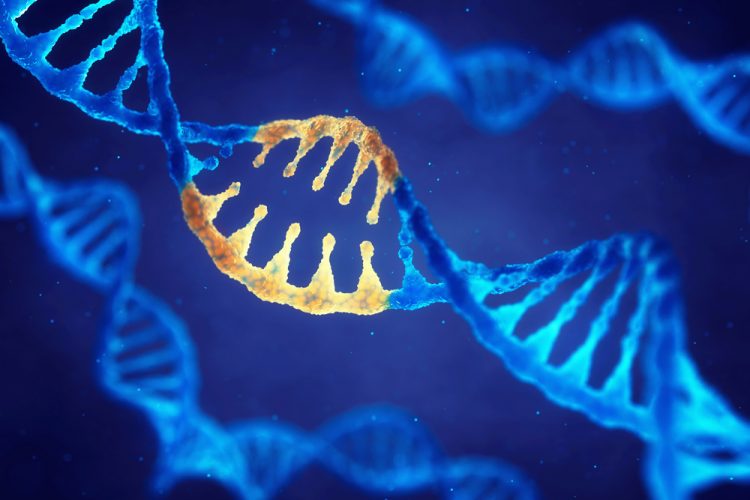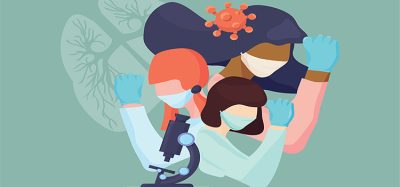UTX gene mutation “robs” individuals of natural cancer protection
Posted: 10 November 2021 | Anna Begley (Drug Target Review) | No comments yet
The UTX gene mutation was found to lead to an increased cancer risk, presenting a potential drug target for preventative therapies.


Researchers at the University of Virginia School of Medicine, US, have revealed why a mutation in the UTX gene disrupts cells’ ability to suppress tumours. According to the team, the new understanding of this vulnerability will help scientists and doctors as they seek better ways to battle and prevent cancer.
NEWS: Researchers identify RNA molecule that suppresses prostate tumours – READ HERE
The team found that the UTX gene plays a vital role by directing the formation of “condensates” inside cells to prevent tumour formation. These little droplets condense from material in cells sort of like how water droplets condense on the outside of a cold glass. Once the droplets have formed, important biological processes can take place. The team stated that the droplets are important not just for suppressing tumours, but for directing embryonic stem cells, generalised cells that can turn into highly specialised cells.
For tumour suppression, the droplets control the activity of chromatin, the genetic material contained in our chromosomes. This ensures chromatin’s “optimal activity,” the researchers wrote. They further noted that interaction ensures efficient and correct chromatin modifications and interactions to orchestrate a proper tumour-suppressive transcriptional programme.
However, the team also found that the mutation of the UTX gene robs cells of this important ability, putting people with the mutation at risk for cancer. Another interesting finding, detailed in Nature, is that UTY, the Y-chromosome counterpart of UTX in men, forms condensates with more solid-like properties, making it less effective in suppressing cancer. This may contribute to the widely observed phenomenon that men are more likely to get cancer than women.
“How UTX inactivation causes human cancers remained elusive, as we did not know its key molecular activity that is critical for tumour suppression, posing a barrier to cancer therapies targeting UTX-related pathways,” explained Dr Hao Jiang who led the study. “Our work largely solved this mystery. Moreover, it suggests that disruption or alterations of these droplets can profoundly affect how our cells fight cancer. Forming proper droplets is likely to be a fundamental mechanism that maintains cellular health, and we are just beginning to understand.”
Related topics
Drug Targets, Genetic Analysis, Genomics, Molecular Biology, Molecular Targets, Oncology
Related conditions
Cancer
Related organisations
University of Virginia School of Medicine
Related people
Dr Hao Jiang








